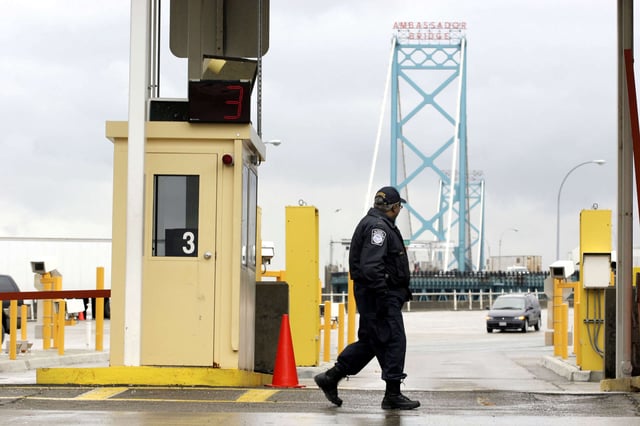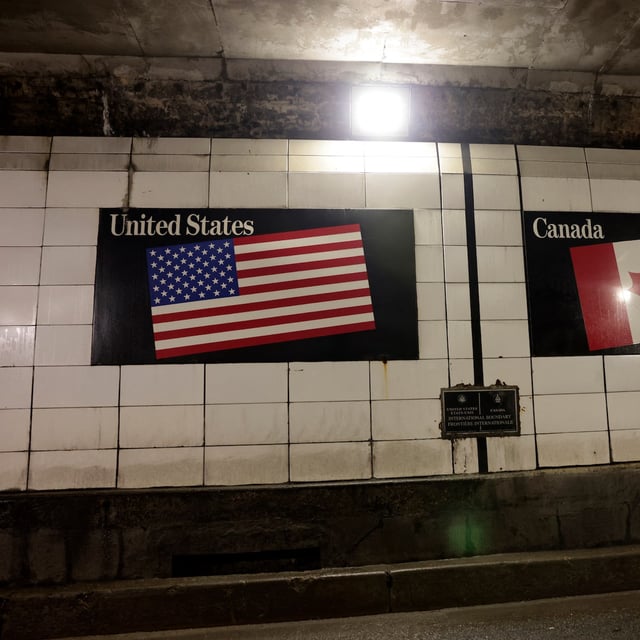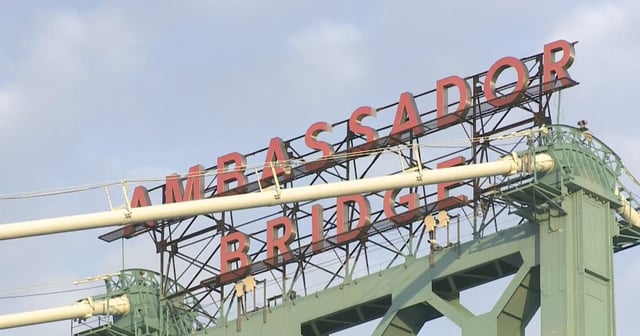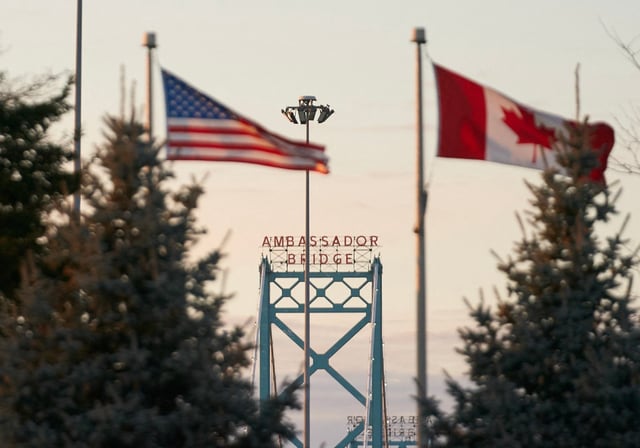Overview
- Rep. Rashida Tlaib and the ACLU of Michigan have sent formal letters and FOIA requests demanding an end to prolonged detentions and the creation of an online custody reporting system.
- U.S. Customs and Border Protection confirmed detaining over 200 people, including U.S. citizens, between January and March, with 90% crossing into Canada accidentally.
- Detainees, including families, were held in makeshift facilities unequipped for prolonged stays, with some held beyond the 72-hour limit mandated by CBP policy.
- Advocacy groups have raised concerns about the lack of access to legal counsel, medical care, and basic necessities during detention, calling the practice a violation of due process.
- CBP defended its actions, citing routine screening procedures, and confirmed plans to transfer asylum seekers returned from Canada under the Safe Third Country Agreement to ICE custody.



